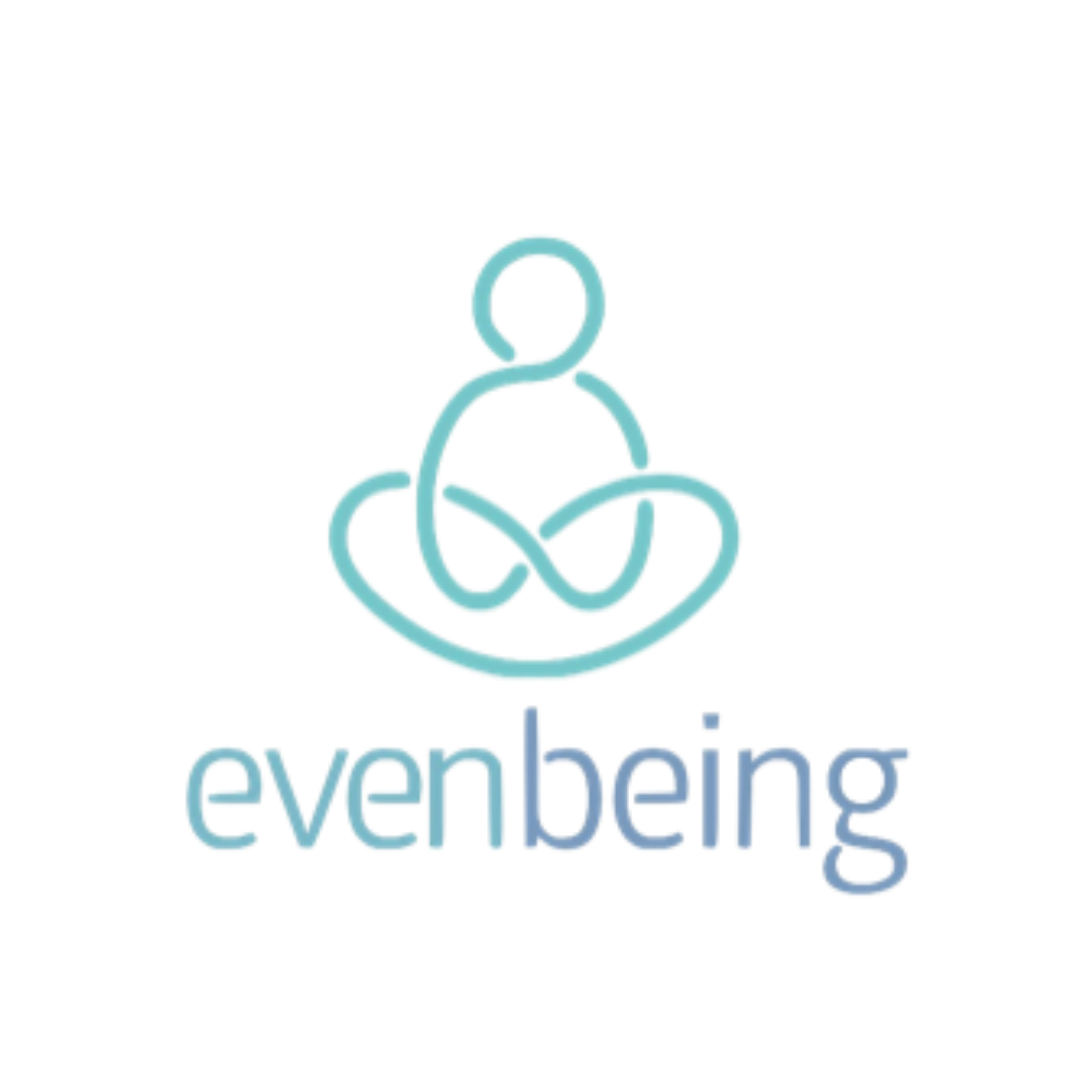Jacob Blake, The Empty Shelf & $9 Ice Cream
The morning of March 7th, a news snippet comes on about a toilet paper shortage. I laugh, impressed by this spoof on COVID possibilities. Later that day, it becomes evident this is not a spoof. And I am curious. Nine days later, returning from a trip, I go to two stores to witness the empty shelves. I recall feeling regretful and critical of the choice of many, following the crowd mentality, to seemingly lack concern for the collective needs. It appeared that the choice was to get what was needed without regard for how this impacted people who arrived to empty shelves.
Fast forward four months. The shelves are mostly full. My daughter and I respond to the ice cream truck driving slowly down the street. She says she’ll buy. Slowly the ice cream truck makes its way to us, with multiple stops along the way. I step up to the window, order a sundae, and ask my daughter for money. I spend $6 and anticipate savoring every bite. I step aside so my daughter can make her selection, to find she is walking away, empty handed. Too late, I remember she alerted me to her cash balance of $9. She went without, due to my memory lapse of this significant detail. And my ice cream no longer tasted very good.
I was not aware of disregarding the $9 guideline, yet I did, thus ensuring I got what I wanted. Similarly, the purchasers of paper, food and other products were not intentionally trying to impose going without for people who showed up later. Yet, that is what happened. Neither of these were necessarily consciously considered choices. And the choices were similar – people went without, so we/I had excess when sufficient would have served more people.
It serves as the reminder that if I have a sufficient amount, other people will not have to experience scarcity. The discipline of sufficiency invites me to wait a day, or a week, before clicking ‘order’. To attend to the consequences of my choices as they impact other people. I don’t necessarily like it; yet it feels better than the sinking feeling when I realized my daughter was going without or when I saw the shelves empty. It’s a challenging shift that requires less grasping and more embracing.
Fast forward to this afternoon. My sibling and I are having a conversation about yet one more unarmed black man, Jacob Blake, being shot several times in the back, in daylight, in front of his children. Would this have happened if we as a culture were anchored in sufficiency? My sibling and I have different opinions and enter into a messy discussion. My sharing includes an increased awareness of the scarcity/fear-based mentality of decisions made in the past, and still being made. These range from a penal system in the South following the Civil War that resulted in free labor for landowners to WWII black soldiers being expected to use separate facilities, to being red lined for mortgage loans and access to a house in areas with home value appreciation denied. Can those of us that are white really wonder why the anger and frustration? I am seeking to understand, to see from multiple angles what I have not personally experienced, nor, until the last few months, made an effort to understand.
And it ties back to the empty shelves and my ice cream at the expense of another. I reflect on the choices I make, we all make, and wonder if we might try to find a balance that allows for sufficiency for all, instead of scarcity for some and excess for some?
Just as I was moved to tears at the empty grocery shelves, I also saw my own tendency to get what I want regardless of impact to another with the ice cream. Both examples are a microcosm of deeply embedded patterns, subtle, unnoticed until they are, and how the work of change resides with me. Can I learn to notice before it means scarcity for another?
I continue to have faith that peace is the path, to trust me/we/country/world can learn to live in harmony with our environment and one another, and the knowing in the core of my being our connection is what invites change. Yet, I also embrace my humanness – including the invitation to be compassionate not only with the generous within, but also with the person who has a different level of awareness. Each part contributing to the whole, asking to be seen. I know the importance of being seen, and trust that as we look within, we can see more clearly, even when it is messy and uncomfortable.
Join me for time and space apart to be seen as the perfectly imperfect, imperfectly perfect being that you are. There are three class offerings this week, and individual sessions continue offering personalized experiences to my clients that help them connect with who they really are, and we often forget - love, love, love.
